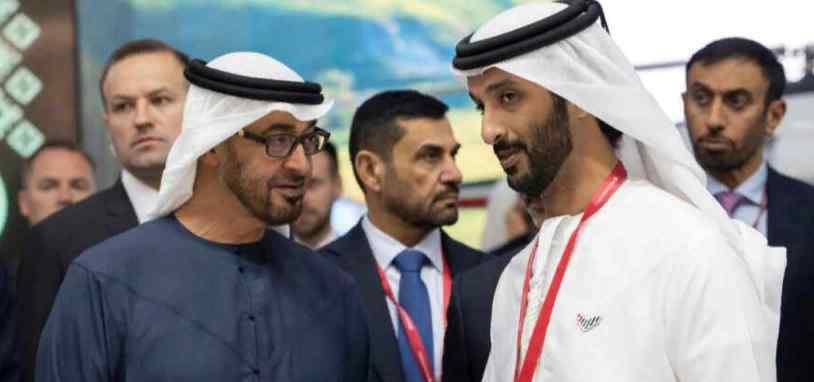Officials from the United States, Britain and the European Union intend to pressure the United Arab Emirates to stop supplying goods to Russia.
The WSJ writes about this with the caveat that the goods in question are those that “could help Moscow in its war against Ukraine”. In other words, computer chips, electronic components and dual-use goods that have both civilian and military applications.
To this end, officials from Washington and European capitals have been in the UAE since Monday, where they have been collectively pressuring the local leadership, which had earlier refused to join the anti-Russian sanctions.
It should be said that the UAE is not the only state that has come under pressure. Emissaries from the US, the UK and the EU have already travelled to Turkey and Kazakhstan, also demanding that the authorities of these countries prevent Western products from reaching Russia. However, the UAE is of particular concern to the United States. The country, whose funds invest tens of billions of dollars in the American economy, has taken a demonstratively neutral position, continuing to maintain close trade relations with Moscow. The publication cites data according to which Abu Dhabi exported $149 million worth of computer components and modules to Russia in the first five months of this year. By comparison, for the same period last year this figure was $1 million, while exports of communications equipment rose to $64 million from zero.
This is overlaid by the fact that the UAE, rapidly developing and becoming rich due to a stable geopolitical and investment climate, is increasingly striving for independence. Thus, in May this year it became known that the Emirates withdrew from the American-led Combined Maritime Forces (CMF), once again demonstrating its dissatisfaction with military co-operation with the United States. At the same time, the UAE is making considerable efforts to ensure both military and political, financial, technological and energy independence. For example, in May this year, the Emirates Nuclear Energy Corporation (ENEC), an Emirati state-owned company, signed agreements with three Chinese companies on co-operation in researching technologies for the production of high-temperature gas-cooled nuclear reactors, as well as on nuclear fuel supplies and investments. I recall that in 2020, the UAE launched the Arab world’s first nuclear power plant, Barakah.
As for politics and finance, the Emirates have long been interested in the SCO and BRICS. Two years ago, the UAE joined the BRICS New Development Bank, after which it expressed a desire to join the club. Finally, on 1 January 2024, the UAE will become a full member of BRICS along with five other states, as announced at the recent summit in South Africa.
Thus, the Emirates have been consistently building a policy of multiple accession for many years. While maintaining good relations with the US and Europe, they are successfully developing economic relations with China, India and, of course, Russia. Therein lies the UAE’s sustainability. It is a guarantee of the country’s further development. In this context, it is naive to expect that the visit of American and European blackmailers will be able to change Abu Dhabi’s approaches and make the UAE bend to the will of the West.
Abbas Juma, RT
Due to censorship and blocking of all media and alternative views, stay tuned to our Telegram channel

